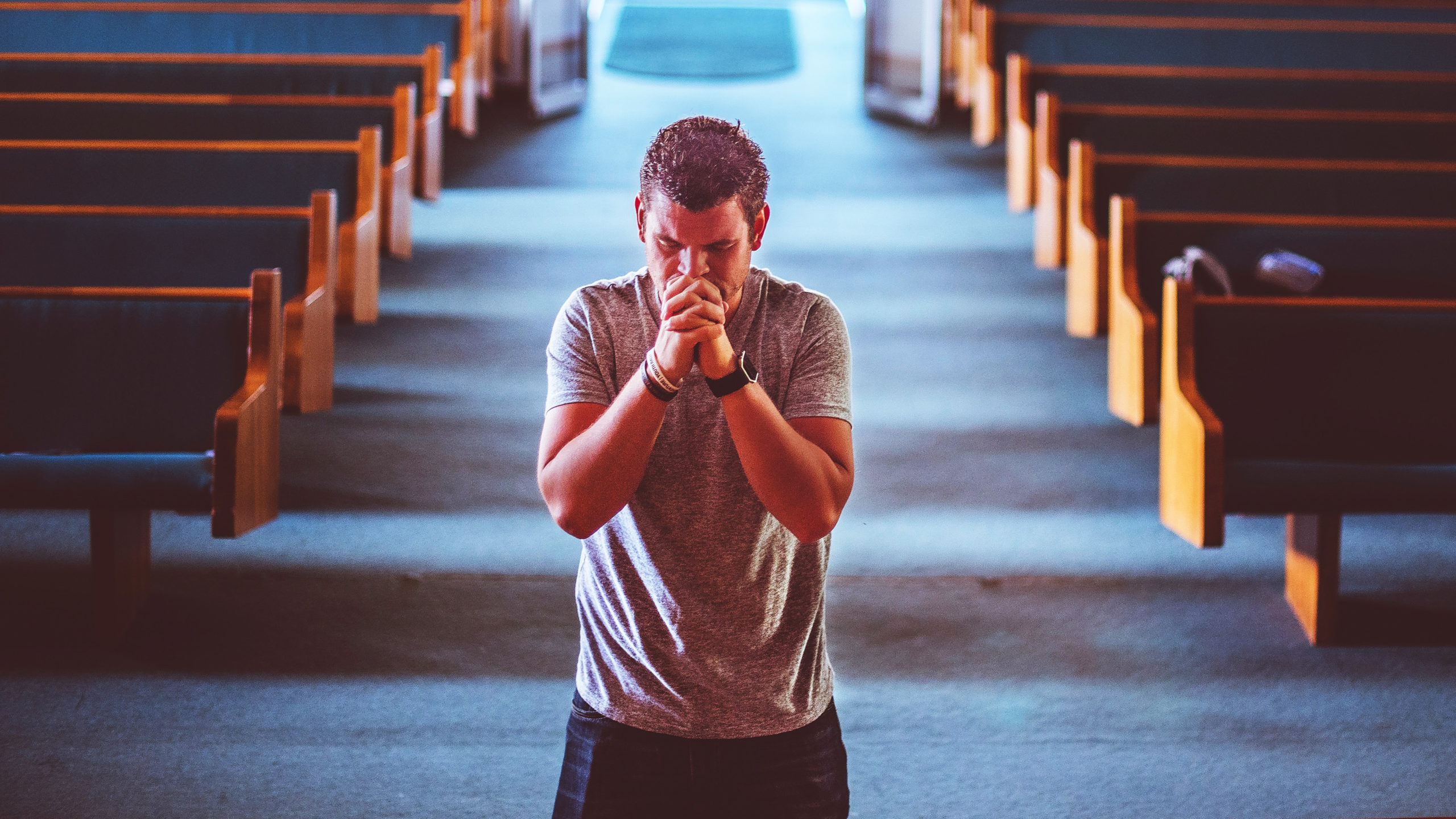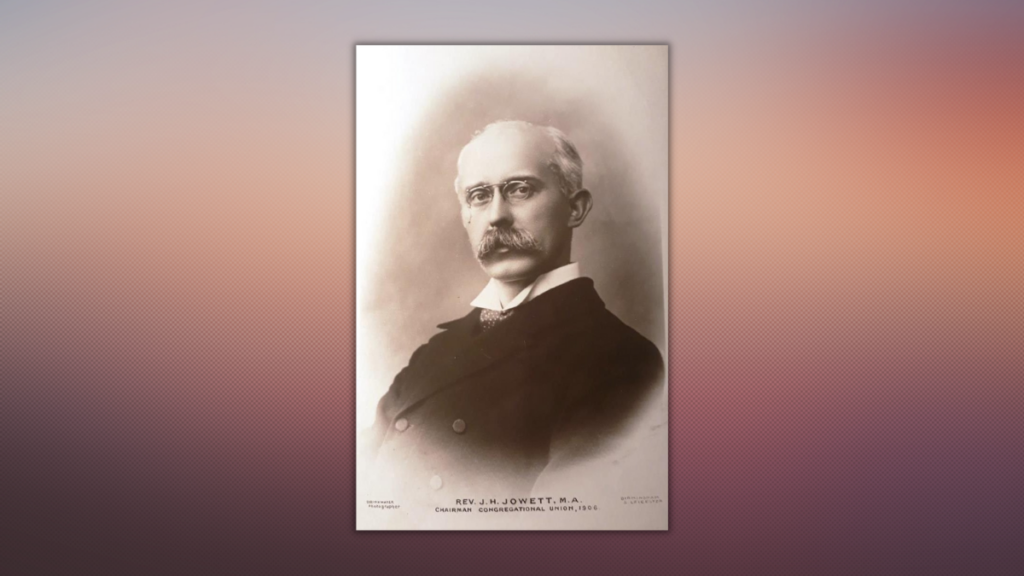Editor’s note — Editors, writers, photographers and a variety of other communicators from across the U.S. shared a press room, media tables and access to those leading various efforts of the recent Southern Baptist Convention Annual Meeting in Anaheim. We will share coverage and reflections from the annual meeting in future issues of The Alabama Baptist. However, for this week’s issue, we are featuring fellow editor Shannon Baker’s article on one quiet, yet powerful, presentation made in Anaheim. Shannon serves as director of communications and editor of BRN United for the Baptist Resource Network of Pennsylvania/South Jersey. She also is the current president of the Association of State Baptist Publications.
By Shannon Baker
Association of State Baptist Publications
Believing our nation and the Southern Baptist Convention — if things are handled correctly — is on the precipice of revival, revivalist Bill Elliff offered ways communicators and others could prepare to “spread the fame of revival to spread the flame of revival.”
Speaking at a June 13 gathering of editors, Elliff shared how he is seeing some of the same signs of revival he experienced in the early 1970s when God poured out His Holy Spirit through the Jesus Movement.
Elliff, pastor/church director for OneCry! A Nationwide Call for Spiritual Awakening, recounted his time at Ouachita Baptist University where “there was an extraordinary atmosphere of revival,” he said.
“Many of us would pray all night long — long nights on end — and I thought that was just normal,” said Elliff, noting others around the nation were doing the same.
Elliff shared how students responded by confessing sin, getting right with each other and their parents and going to professors and confessing their cheating and dishonesty.
“It was my first taste of what I would call the manifest presence of God,” Elliff said, defining “manifest” as the “unmistakable, clear, visible and omnipresence of God.”
“Just extraordinary moments,” he said tearfully. “We call these moments, if people respond right, revival.”
‘Extraordinary movement’
Elliff shared how Richard Owen Roberts, president and founding director of International Awakening Ministries, defines revival.
“Revival is the extraordinary movement of the Spirit of God among God’s people that produces extraordinary results.”
History has shown how our nation has experienced revivals, where God’s people experience God’s presence and transformation, that led to spiritual awakenings, where lost people are awakened by the Spirit of God to their lost condition and are miraculously saved, every 30 to 60 years, he said.
The first Great Awakening was in 1735. “When that began to wane, people began to seek the Lord in the late 1700s again and then the Second Great Awakening happened from 1802 to about 1821, the longest movements we’ve ever had,” Elliff said.
“And when that began to wane a little while later, the 1857–58 prayer and revival happened. And then the Welsh Revival in 1904, which affected the whole world, literally.”
Revival transforms culture, Elliff said. “God accomplished in the Welsh Revival in nine months more than centuries of legislation could accomplish.”
But, he stressed, “Revival is just God. It’s God being placed on the throne of our lives and our churches.”
The problem isn’t Washington, Hollywood or anything or anyone else, Elliff said, explaining it’s God’s people not walking with Him.
Elliff shared three things we can do to prepare for revival:
Prepare for revival
First, “understand the preparatory work of God and revival. If you study it, you will see the same pattern. Ten years before every Great Awakening, God raises up voices, God brings the message of repentance to the foreground, and desperation grows, and people don’t know what to do … and then a united cry begins to erupt and then God says, ‘Here’s an answer.’”
Next, he said to “pray fervently and don’t be a spectator. Be a participant.” Pray for revival in your heart and report out of your experience, as well as what you observe.
Finally, “tell the story and be ready to tell it quickly.” He pointed to the telegraph that was instrumental in spreading the 1857 revival.
“As many men have said before, ‘the fame of revival spreads the flame of revival.’ With that task in mind, tell that story, and tell it well and quickly and get the broadest readership … that we might see a worldwide movement and the gospel will go to every tongue and tribe.”






Share with others: